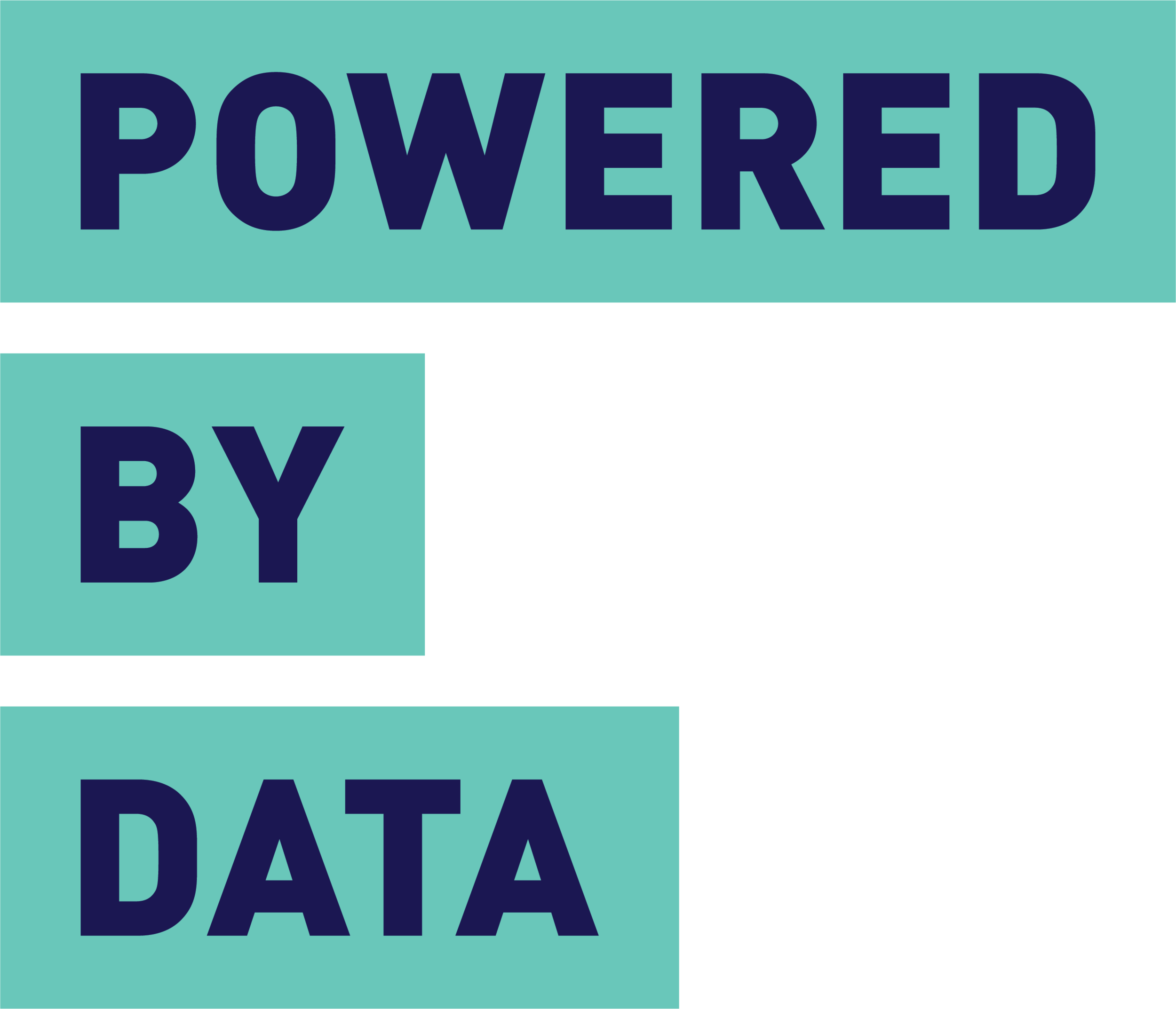RightsCon is this May 16-18—here’s what we’re presenting, and looking forward to!
Our team will be attending and presenting a session at RightsCon Toronto 2018 next week. RightsCon is a global summit series that gathers over 2000 technologists, human rights defenders, policymakers, and anyone else interested in the intersections of digital technology and human rights. The summit is organized by AccessNow, an international nonprofit dedicated to defending digital rights around the world.
RightsCon will take place this year in Toronto from May 16-18. For more information, visit: https://www.rightscon.org/
With hundreds of sessions on transparency, civic technology, data protection, digital inclusion, and philanthropy, the Powered by Data team is thrilled to be participating in this year’s summit! We will be co-presenting with Lucy Benrholz (Digital Civil Society Lab) and Arisha Khan (Youth in Care Canada) in a session on Inventing Digital Civil Society. Specifically, we’ll be discussing our new administrative data work, which involves the development of a data policy agenda in collaboration with a diverse coalition of civil society leaders.
In this blog post, we highlight three RightsCon sessions that are particularly relevant to this current work—and that we’re looking forward to attending next week!
1) Creating community capacity to respond to smart city initiatives to support data justice and human rights in a connected space
How can the public be equipped to respond effectively to the development of tech projects in their communities? This question is particularly important in light of recent large-scale tech projects that raise questions around privacy by threatening to collect and sell user data. This workshop focuses specifically on community capacity building in the context of Sidewalk Labs, and the Google sister company’s plans to build a technology-driven “smart city” neighborhood on a section of Toronto’s waterfront. We are very interested in methods for community capacity building around technological literacy, given our work on developing a data policy agenda in partnership with civil society. We’re interested in hearing about governance and policy approaches for facilitating cross-sector organizing; these are learnings that we hope will complement our own multi-stakeholder coalition work.
2) Why tech won't "fix" our criminal justice system: An Abolitionist Perspective
This workshop explores the idea that high tech tools (think: predictive policing, ankle monitors, risk assessment algorithms for determining sentences) only serve to modernize the criminal justice system, rather than abolishing the underlying oppressive systems that underlie the Prison Industrial Complex. We are excited that this workshop will address the critical distinction between using technology to optimize a fundamentally unjust system, versus using technology as a mechanism for justice and transforming oppressive systems. As technologists working on responsible data infrastructure development, this is a dichotomy that we strive to keep top of mind in our work.
3) From the Amazon to Saskatchewan: Tools of Indigenous Autonomy and Solidarity
This session will explore how non-Indigenous tech teams can collaborate with Indigenous communities on digital initiatives while centering Indigenous rights. The discussion will be facilitated by Jen Castro from Digital Democracy, and will examine examples of successful collaborations with Indigenous communities on both local and international levels. We’re really looking forward to learning from this session, especially in the context of our collaboration with Indigenous stakeholders in our administrative data-sharing policy coalition. As we move forward in this policy work, we are committed to ensuring there is ongoing dialogue around Indigenous data governance.
Some other sessions we’re hoping to check out include a session on digital surveillance on marginalized communities, one on government intelligence sharing, and a panel exploring the intersection of data, power and marginalization—that will unpack the question of who gets to access, interpret, and use data.
Interested in reading more about the jam-packed program for RightsCon? You can explore the full schedule here. We’re looking forward to sharing back our learnings. And if you’ll also be at RightsCon, be sure to say hello; our team will see you there!

